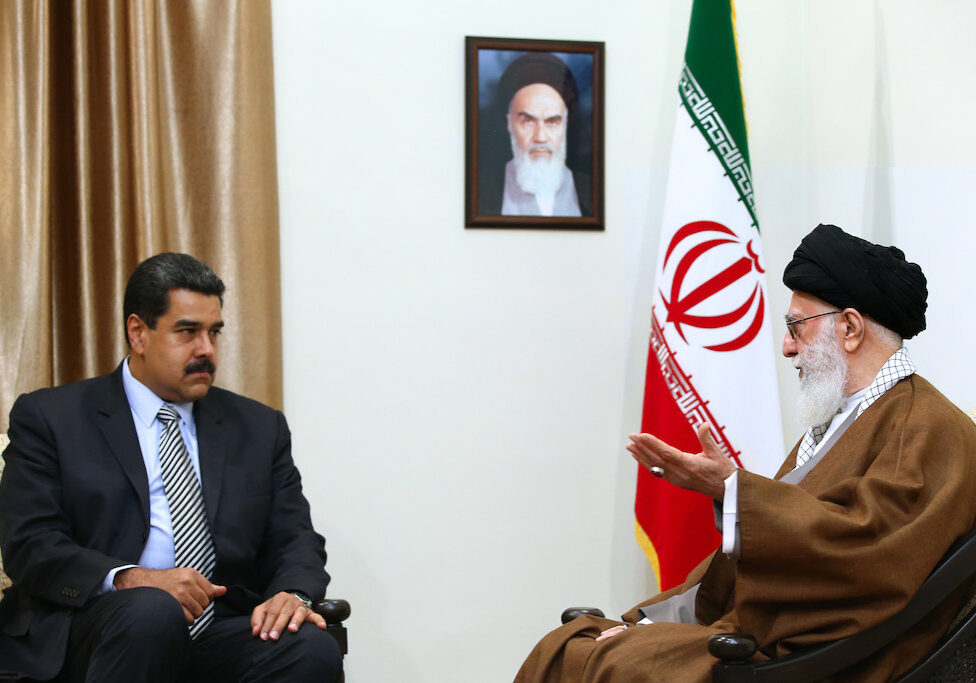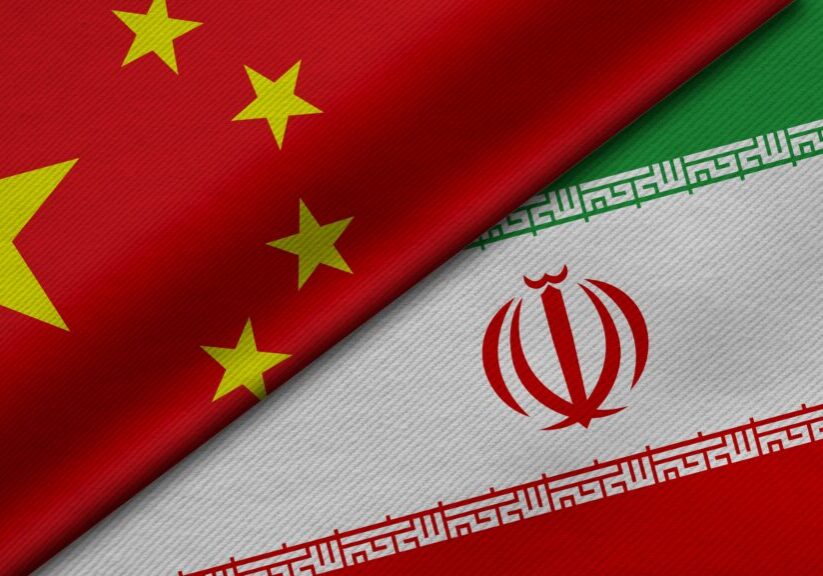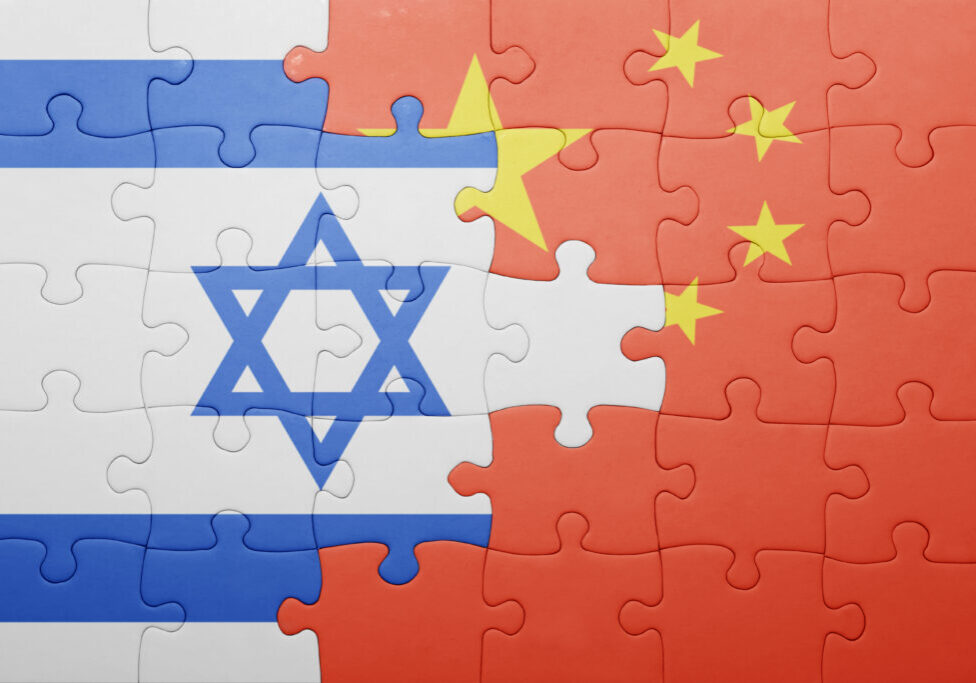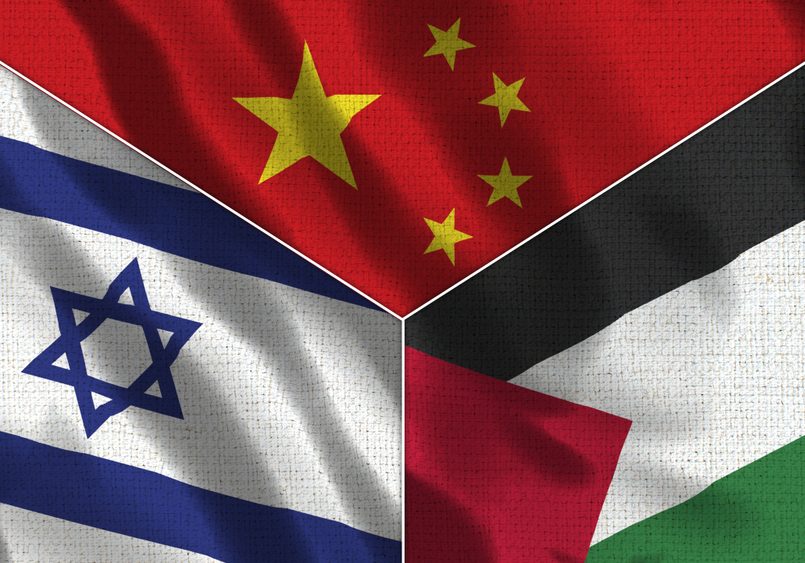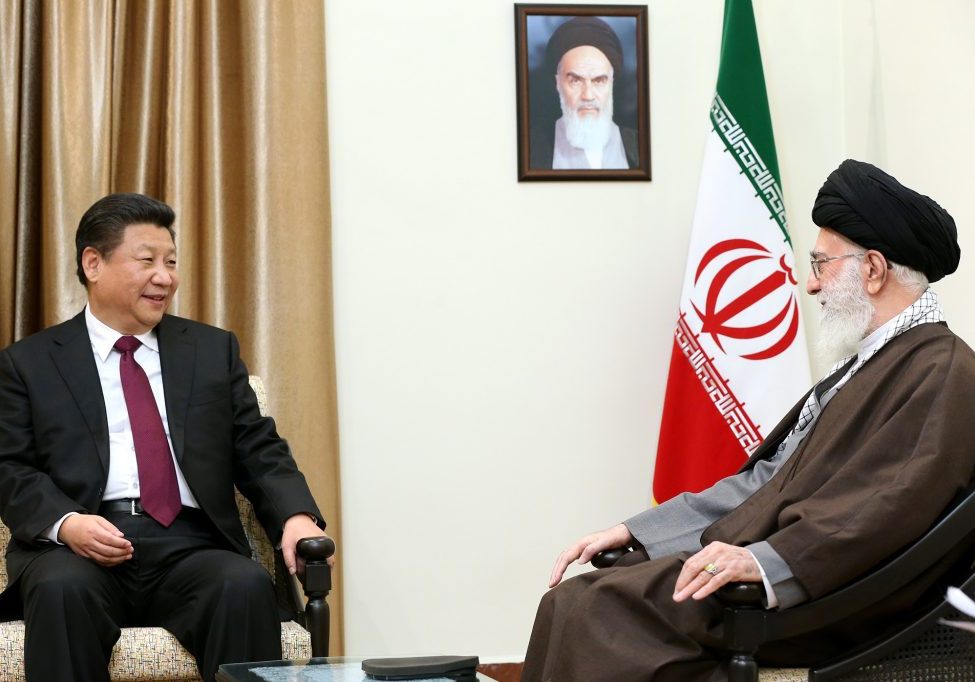Australia/Israel Review
Asia Watch: Bearing Fruit
Nov 8, 2016 | Michael Shannon
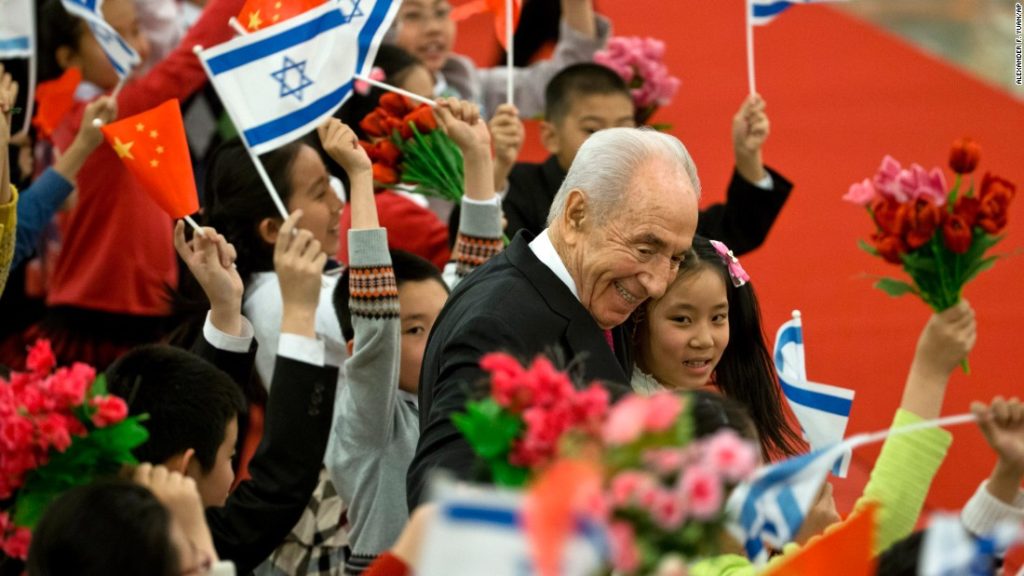
Michael Shannon
While the death of Shimon Peres was met with tributes from around the globe, one of his most significant legacies – Israel’s burgeoning relationship with China – was brought into focus in the days following his state funeral.
That the late Israeli President and Prime Minister kept a personal Weibo account (a Chinese social media platform) is a minor detail, for Peres’ roles in the Defence Ministry and as Foreign Minister arguably paved the way for the Israel-China relationship, from arms sales beginning in the 1970s and onto full diplomatic relations in the wake of the 1993 Oslo Accords. Indeed, China’s President Xi Jinping called Peres “the father of strategic relations” between Israel and China.
China was the final country Shimon Peres made a state visit to in his illustrious career as a public official, and even only hours before suffering the stroke that would end his life, Peres spent the morning with a delegation of visiting Chinese businessmen, enthralling them on the hi-tech ingenuity of “The Startup Nation”.
Among the many meetings held on the sidelines of Peres’ funeral, Chinese Science Minister Wan Gang met with his Israeli counterpart Ofir Akunis. The Ministers agreed that a major event marking 25 years of diplomatic relations between China and Israel will take place in 2017, in conjunction with the Israel-China Innovation Conference, which Israeli PM Netanyahu is scheduled to attend.
Such trade conferences have become regular events. Just last month was Innonation, a China-Israel Investment Summit that brought some 450 Chinese investors to Israel for one on one meetings with dozens of Israeli business representatives. As a prelude, a deal was signed on the plane en route to Israel to establish a $200 million investment fund in Israeli medical technologies, MediaLine reported. The conference is a follow-up to one in Beijing in January of this year. At that conference, hundreds of Chinese investors met representatives of 100 Israeli companies, making connections to bring Israeli technologies to the vast Chinese consumer market.
Another regular event is the annual “GoforIsrael” trade conference, held in Shanghai and Wuhan in recent weeks – outside Israel for the first time in its 15-year history – which helped usher the first Israel-China private equity fund, established between Israeli firm Catalyst and China Everbright Limited.
There are already about 1,000 Israeli start-ups that have some amount of Chinese investment or are involved in Chinese manufacturing. Over the past four years alone, Chinese investors, conglomerates and leading companies have invested over US$15 billion in Israeli companies. Among the companies targeted are: Ahava, which deals in Dead Sea products; Adama, the world’s biggest producer of generic crop protection products, diagnostics company Check-Cap; leading Israeli dairy producer Tnuva; and gaming company Playtika.
At the China-Israel Investment Summit, Amit Lang, the Director-General of Israel’s Ministry of Economy and Industry, announced that negotiations are beginning to remove trade barriers between the two nations. He characterised China as a “strategic partner” for trade, noting that Israel has established six trade missions in the country, more than in any other.
The growing Israel-China trade relationship promises to bring political benefits as well, offsetting the impact of BDS campaigns and cooling diplomatic relations with some Western countries.
Jonathan Rhynhold, a professor of political science at Bar-Ilan University, told JTA, “The Chinese want to do business with everyone. So Israel can’t stop China from trading with Iran, but the Iranians can’t stop China from doing business with Israel. I don’t see Israel having diplomatic leverage over China. But if you have a boycott against Israel, the Chinese aren’t going to sign up for it.”
Obervers at the various Israel-China trade conferences note that Chinese executives seem agnostic about the Israeli-Palestinian conflict, and few are aware of efforts by pro-Palestinian activists to boycott Israel’s economy. Rather than accusations over Israel’s treatment of the Palestinians, their focus lies mostly on negotiating Israel’s regulatory environment and strikingly different business culture.
From the Chinese perspective, Israeli entrepreneurs can be seen as impatient, wanting to close a deal immediately, while Chinese investors often want to meet their Israeli interlocutors several times.
Failure is also seen quite differently – there is no stigma to failing in Israel, and many of the most successful companies emerged after repeated failures. In China, failure is considered an embarrassment, and some Chinese investors are hesitant to take risks. Even so, in regard to Israel, there is ample evidence to suggest confidence is growing.
Tags: China

